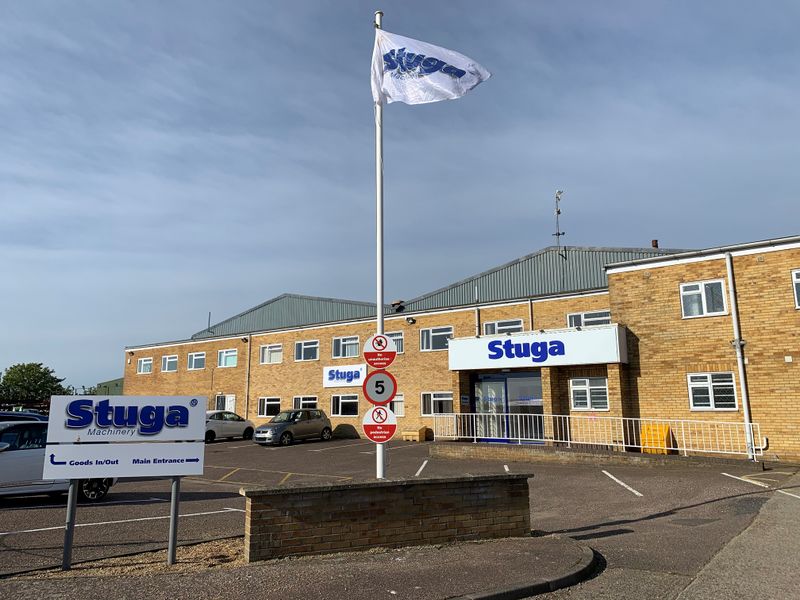History of Stuga Control Systems
2017 - TwinSAFE
Added TwinSAFE for safety control
2016 - Integrated Control
Both side of flowline (sawing and machining) on one PLC program
2015 - Windows 7/8 with TwinCAT3
Switch to TC3 and extend to ZX4 Control
2012 - PC Windows XP with PLC Back End
Beckhoff PLC original code written by subcontractor for Autoflow machine TwinCAT2
EtherCAT bus
Motion Control across EtherCAT
2010 - PC Windows XP
Saw software windows based, no direct control to back end
.net 2.0 Visual Basic
IO Control and Motion control via USB to Nextmove Controller
Control resides in Nextmove (Backend) - Mint Basic
2003 - PC Windows XP Ecoline
MS Access database used as front end, no direct control to back end
USB Link to Trio drive system (trio Basic), later to USB Nextmove - Mint Basic
Control resides in Nextmove (Backend) - Mint Basic
1998 - PC Windows 95
Flowline machining centre software multi.exe written in C++, DOS shell running on windows platform
Programming in C / C++
Network with saw side ACEpc
TCP/IP Networking
IO Control and Motion control via ISA bus to Nextmove PC 8 axis controller
1994 - PC DOS Arcom PC104 Bus
Router and Saw PC upgraded to ACEpc from Arcom using a PC104 bus for IO expansion
Programming in C / C++
Flash SDD 8Mb
Floppy disk storage and data transfer
TCP/IP Networking
IO Control via STE SPIBB16 interface cards
Motion Control via serial interface to SmartDrive "SmartSystem" 3 axis stepper controller
1990 - PC DOS Arcom STE Bus
Router control converted to 286 / 386 cards running DOS
Programming in C / C++
STE Bus System for IO expansion
HDD added up to 64Mb
IO Control via STE SPIBB16 interface cards
Motion Control via serial interface to SmartDrive "SmartSystem" 3 axis stepper controller
1984 - 6502 Processor
Router control system originally designed using 6502 processor CPU cards.
Programming in BBC Basic and Assembly code
Floppy disk based
IO Control via hand etched interface boards
Motion Control via card parallel interface to 3 axis stepper controller
Draft

 Français
Français English
English Deutsch
Deutsch Español
Español Italiano
Italiano Português
Português